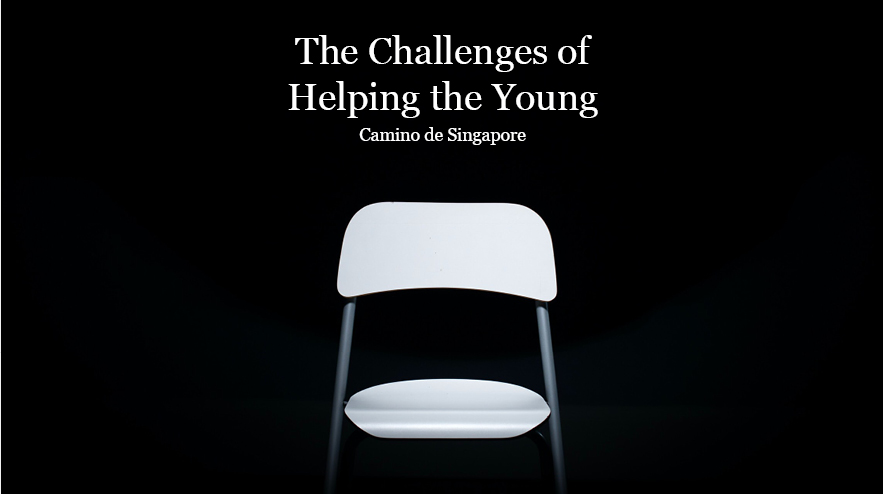No products in the cart.

Photo by https://unsplash.com/@d_mccullough
Who will a young person turn to when they are in need? Parents, teachers, counsellors, or peers? I dare say that at least 80% of the teenage population would turn to their peers when they are in need.
Many, including myself, have been through this stage in life. Thinking that our friends understand us better, there are less boundaries between what can be said and what cannot be shared. Moreover, for a young person, peers often provide a stronger sense of belonging. On the other hand, parents, teachers and counsellors are often perceived as the “police” who point out faults and mistakes, and talking to them might inflict more stress on a young person. This thinking has real consequences on the behaviours of youths-at-risk.
When I was a youth worker doing school-based youth work, I visited many troubled youths at their home. Having spoken to their family members, most of their concerns were very similar. The youth would arrive home, enter their bedroom, remain there, and not communicate with their family members on issues they faced in school or their personal life. They would spend most of their time on the computer and handphone. Therefore, it is difficult to resolve any issue given the lack of communication.
For parents and family members, I know it can be quite a frustrating situation when you want to spend time with your children, and yet, your children choose their peers over you. I urge you not to give up. Let your action show how much you care. Also, there are many organisations that can provide social and emotional support to troubled youth and their families.
For teachers and counsellors, your passion for helping a younger person succeed in their formative years is important, and it can be hard on you to juggle between curricular activities and meeting the social and emotional needs of a young person. One thing I have learned over the years is that, it is alright to refer young people to others who can support them better. This is not giving up but being prudent. And if we do not do so, we might be causing more harm than good.
For those interested in working with the youth, I have been asked many times on the requirements to be a youth worker. Usually, I would reply with a question, “Do you have the passion to help young person discover themselves?” This is because working with youth can be difficult and we need to be sure why we want to do it. There was no specific, professional qualification for doing youth work, until now. Launched recently, there is now a Graduate Diploma in Youth Work Programme available for those who want to pursue youth work seriously. This programme is a joint project between Singapore University of Social Sciences (SUSS) and the Youth Work Association Singapore (YWAS).
There’s an old proverb that says “it takes a village to raise a child”. To me, it should not just stop there. To add my own twist, I would say “it takes a village to raise a child so that one day the child can lead their own village”.
Useful Resources
- National Care Hotline: 1800-202-6868 (8am – 12am)
- TOUCHline (Counselling): 1800-377-2252 (Mon to Fri, 9am to 6pm)
- Care Corner Counselling Centre (Mandarin): 1800-353-5800 (Daily, 10am to 10pm)
- Fei Yue’s Online Counselling Service: eC2.sg (Mon to Fri, 10am to 12pm, 2pm to 5pm)
- Institute of Mental Health’s Mental Health Helpline: 6389-2222 (24 hours)
- Samaritans of Singapore: 1800-221-4444 (24 hours) / 1-767 (24 hours)
- Singapore Association for Mental Health: 1800-283-7019 (Mon to Fri, 9am to 6pm)
- Silver Ribbon Singapore: 6386-1928/6509-0271 (Mon to Fri, 9am to 6pm)
- Tinkle Friend: 1800-274-4788 (Mon to Fri, 2.30pm to 5pm) / tinklefriend.sg (Mon to Thu, 2.30pm to 7pm and Fri, 2.30pm to 5pm)
- AWARE: 1800-777-5555
Thomas Goh is part of the Parish Engagement team at Caritas Singapore. He is a fervent Liverpool supporter. He also has a strong passion for photography as he hopes to capture moments that can be passed down from generation to generation.
